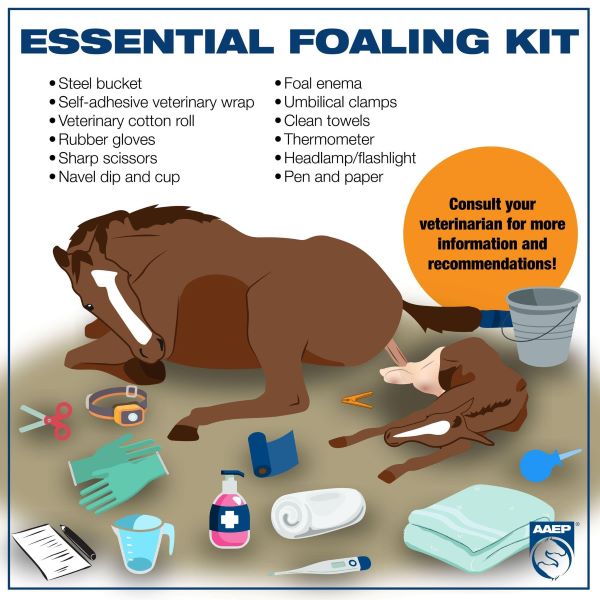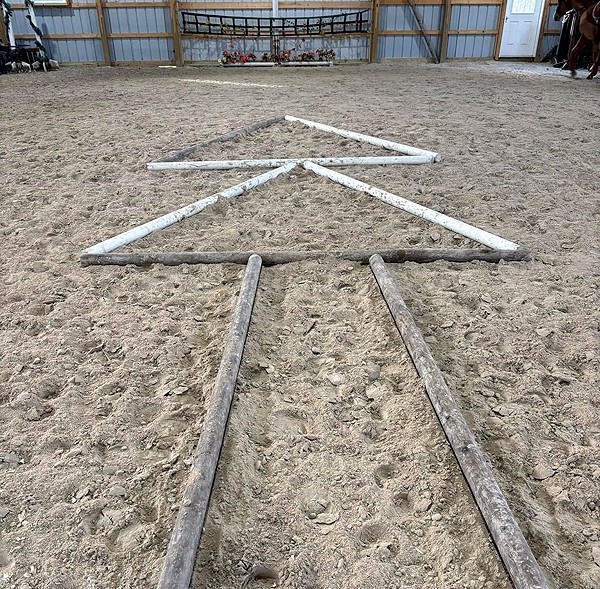The Overweight Horse — A New Year’s Resolution
January 10, 2026 Comments Off on The Overweight Horse — A New Year’s Resolution
Preventing Obesity — from Equine Guelph. Equine Guelph has made a New Year’s Resolution to empower horse owners to learn more about their horse’s nutrition and needs. January, dubbed by Equine Guelph as Nutrition Education Month, will be dedicated to learning more about the overweight horse – increasing awareness of what caregivers can do […]
Continue reading …Can Humans Really See Pain in Horses? What New Research Reveals About Equine Facial Expression.
December 27, 2025 Comments Off on Can Humans Really See Pain in Horses? What New Research Reveals About Equine Facial Expression.
Posted by Mark Andrews, Equine Science Update: Horses play an essential role in human society as working animals, companions, and elite athletes in sport. Because they cannot verbally report discomfort, their welfare depends heavily on how accurately humans can recognise signs of pain and distress. While most people can easily recognise pain in other humans, […]
Continue reading …Commissioner Miller Applauds Kennedy, FDA for Conditional Approval of New Drug to Fight NWS in Dogs
December 23, 2025 Comments Off on Commissioner Miller Applauds Kennedy, FDA for Conditional Approval of New Drug to Fight NWS in Dogs
The following statement may be attributed to Commissioner Miller: “I applaud the U.S. Food and Drug Administration (FDA) for conditionally approving Credelio Quattro-CA1 to treat screwworm infestations in dogs. This decision strengthens our defense against a parasite that threatens our companion animals as well as livestock, wildlife, and the broader food supply. I also […]
Continue reading …LSU Vet Med Researchers Investigating Equine Herpesvirus
December 22, 2025 Comments Off on LSU Vet Med Researchers Investigating Equine Herpesvirus
Baton Rouge—In November 2025, there was an outbreak of Equine herpesvirus-1 (EHV-1), which predominantly causes respiratory signs but can cause issues such as neurologic disease and abortion in pregnant mares. LSU School of Veterinary Medicine researchers are investigating EHV-1 to determine where the virus resides in the body during latency. This could help develop a […]
Continue reading …The Essential Foaling Kit and Care of the Neonatal Foal
December 21, 2025 Comments Off on The Essential Foaling Kit and Care of the Neonatal Foal
By Dana N. Zimmel, DVM, DACVIM, DABVP, courtesy of AAEP Routine and Emergency Care of the Neonatal Foal The best chance to improve the survival rate of a newborn foal is adequate disease prevention and planning. Daily observation of the mare in the last trimester, vaccination, nutrition and blood screening should compose the basis of a […]
Continue reading …Trim the Tree Trail Grid from Judge Jennifer Sawyer
December 20, 2025 Comments Off on Trim the Tree Trail Grid from Judge Jennifer Sawyer
Multi Carded Judge and trainer Jennifer Sawyer of Silver Springs, Florida, brings us a unique tree trail grid, just in time for Christmas vacation riding time! Ahem – Tim Kimura, can you meet this challenge and raise us another suitable obstacle for the course? From Jennifer: For my fans of grids…it’s Christmas…so let’s “Trim […]
Continue reading …UK team builds a ‘genetic toolbox’ to stay ahead of equine rotavirus A, a common threat to foals
December 19, 2025 Comments Off on UK team builds a ‘genetic toolbox’ to stay ahead of equine rotavirus A, a common threat to foals
A Martin-Gatton College of Agriculture, Food and Environment virologist is working on a new genetic toolkit to decrease the number of equine rotavirus infections. By Jordan Strickler Lexington, Ky.— Every foaling season, a familiar concern can surface on breeding farms: A young foal that was alert at breakfast is suddenly lethargic, refusing to nurse and passing […]
Continue reading …Winter Tips For Your Horse — Straight from the DVM
December 17, 2025 Comments Off on Winter Tips For Your Horse — Straight from the DVM
By Brian S. Burks, DVM, Diplomate, ABVP, Board Certified in Equine Practice Fox Run Equine Center There are several factors to consider for winterizing your horses. Food, blanketing, shelter, turn out, and exercise should be evaluated to ensure that your horse can thrive during the winter, as well as the warmer months. Food is the […]
Continue reading …









